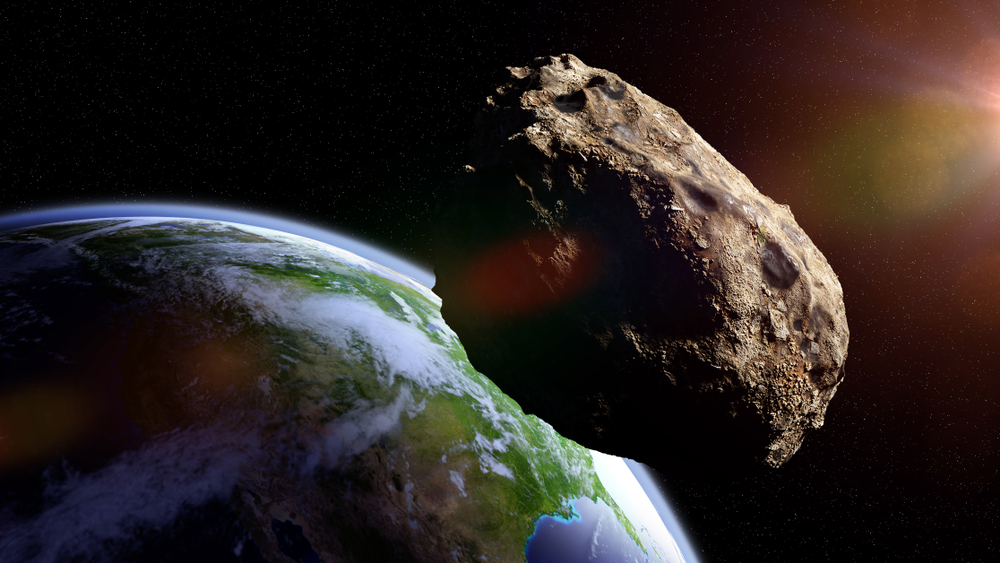The groundbreaking study demonstrates for the first time how a nuclear blast could alter the course of a threatening asteroid.
Others are reading now
Physicists at Sandia National Laboratories in Albuquerque, New Mexico, have discovered that a nuclear explosion could be the key to saving Earth from a catastrophic asteroid impact.
Could Vaporize Asteroid
The groundbreaking study, published in the journal Nature, according to Ziare, demonstrates for the first time how a nuclear blast could alter the course of a threatening asteroid, potentially averting global disaster.
The researchers found that a massive pulse of radiation from a nuclear explosion could vaporize part of an asteroid’s surface, creating a rapid expansion of gas that would push the asteroid off its collision course with Earth.
Dr. Nathan Moore, the study’s lead author, likened the effect to turning the asteroid into a self-propelling rocket.
Also read
Unprecedented Experiments
While asteroid impacts are rare, the consequences can be devastating.
The most infamous impact, which occurred 66 million years ago, ended the reign of the dinosaurs when a 6-mile (10 km) wide asteroid struck Earth. Even smaller space rocks pose serious threats, such as the 60-foot (18 m) meteor that exploded over Chelyabinsk, Russia, in 2013, injuring over 1,200 people.
The study’s findings are particularly crucial for large asteroids or when response time is short.
The researchers conducted unprecedented experiments exposing simulated asteroid material to intense X-ray pulses akin to those from nuclear explosions. The experiments showed that the vaporization process could deflect asteroids up to 2.5 miles (4 km) wide.
While some scientists still favor non-nuclear options, such as kinetic impactors, Moore’s study provides a viable alternative when conventional methods are insufficient.
According to Professor Gareth Collins of Imperial College, for very large asteroids or limited warning time, this nuclear approach could be our only hope.


